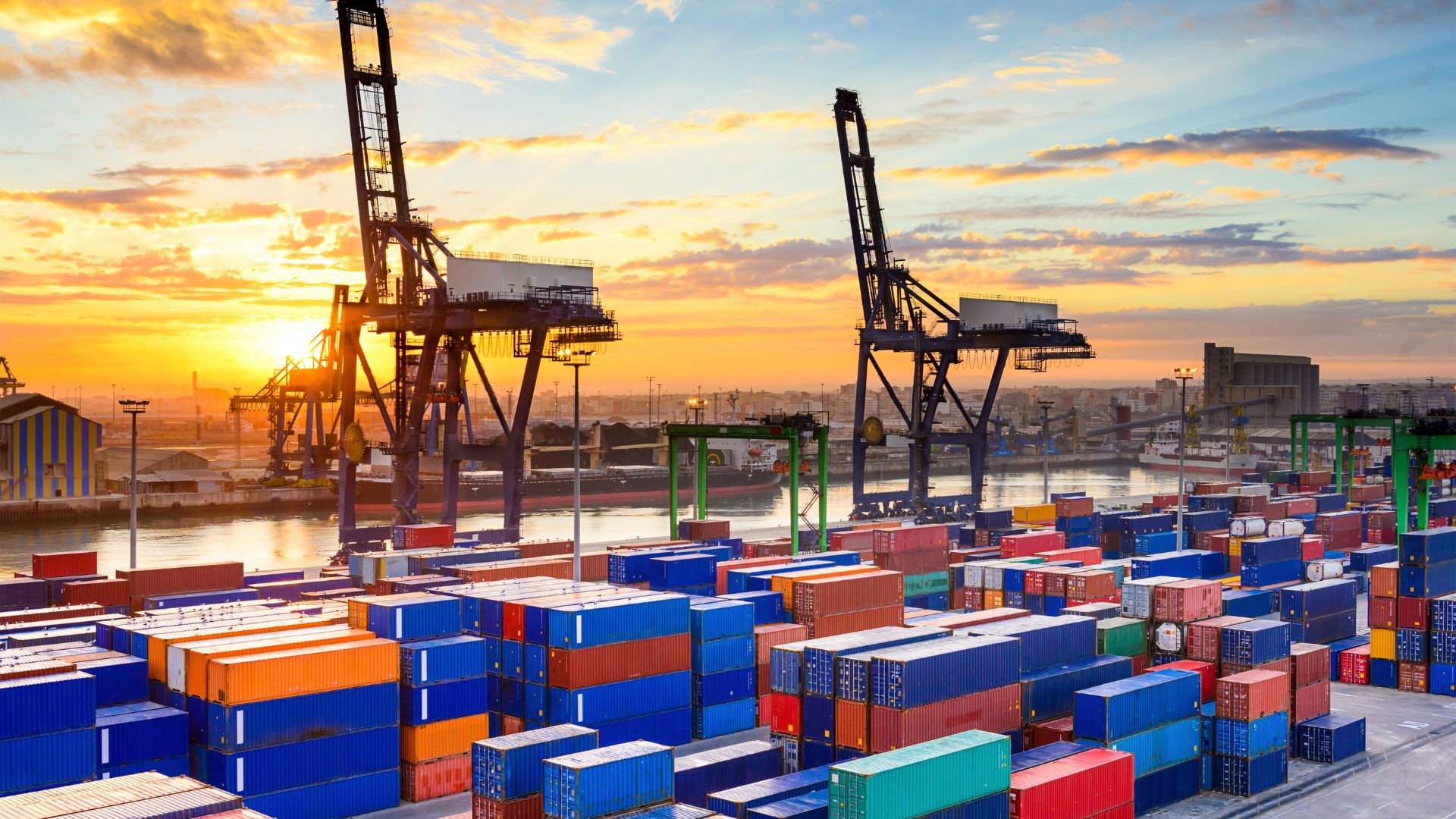
xr:d:DAFyzwT1PIc:91,j:2964902389638051285,t:23110211
Trade between African nations soared to an unprecedented $220.3 billion in 2024, marking a robust 12.4% increase and reversing the 5.9% decline recorded the previous year, according to the 2025 annual report by the African Export-Import Bank (Afreximbank).
The boom is largely attributed to the growing influence of Morocco, Nigeria, and South Africa, under the framework of the African Continental Free Trade Area (AfCFTA).
“This recovery confirms that the African Continental Free Trade Area (AfCFTA) is providing the continent with unprecedented leverage for economic autonomy,” said Yemi Kale, Chief Economist at Afreximbank. Despite the progress, Kale noted that only a portion of Africa’s full trade potential is being realized.
Morocco has emerged as a pivotal player, leveraging its strategic position in Northwest Africa alongside a forward-looking industrial policy and tailored bilateral agreements. The kingdom has become a cornerstone in the shift towards higher value-added intra-African trade, enhancing its role as a logistics and industrial hub.
Nigeria also demonstrated strong performance, more than doubling its intra-continental trade volume to $18.4 billion, thereby overtaking the Democratic Republic of Congo, which posted $11.4 billion. Uganda followed with an impressive 28% annual increase, reaching $7.6 billion in trade.
While traditional exports such as minerals and agricultural products still dominate, Afreximbank highlighted a growing trend towards the exchange of manufactured goods—including machinery, automotive parts, processed foods, and electronic components. “This transition is heralding the emergence of a better-structured African industrial fabric, geared toward local processing,” said Faisal Durrani, director of studies at Pan-African Trade Analysts.
Nonetheless, intra-African trade still falls short of its estimated potential of $296.3 billion, leaving a gap of approximately $77 billion. Key shortfalls remain in sectors such as machine tools, metals, and food products.
AfCFTA Secretary General Wamkele Mene stressed, “No integration can succeed without the consolidation of African value chains.”
Infrastructure remains the continent’s most pressing barrier, with a $100 billion annual funding gap needed to upgrade logistics, transport, and digital networks. To bridge this, Afreximbank plans to double its trade financing to $40 billion by 2026. Supporting mechanisms such as the Pan-African Payments and Settlement System (PAPSS) and a $10 billion adjustment fund aim to accelerate the trade integration process.



